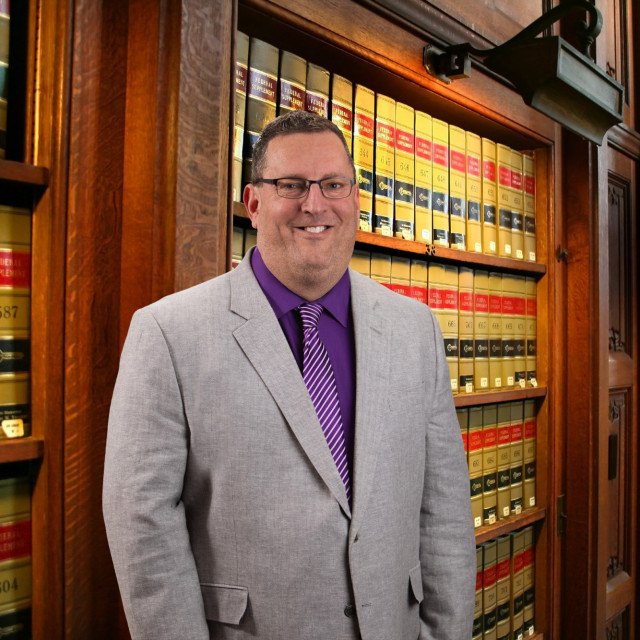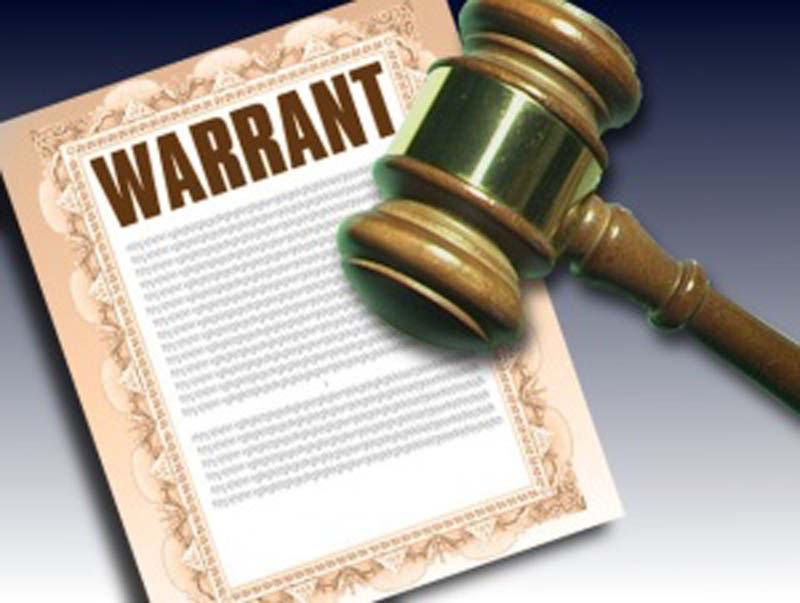If you need to hire a criminal defense attorney, you’ll probably need to find one soon rather than later. The longer you wait, the harder it can be to get a favorable result in your criminal case. With that being said, before you hire just any criminal defense attorney, you should get the answers to essential questions.
After getting a few names of criminal defense attorneys in your area, try to set up a face-to-face appointment to meet with them. If you’re speaking with a large firm, they may be too busy to meet with you themselves. This doesn’t mean you should rule them out.
Let’s get into the questions you should ask a criminal defense lawyer once you sit down with them:
Table of Contents
How Long Have You Practiced Law?
Although simple, this question shouldn’t be overlooked. The more cases a lawyer has handled, generally, the better they are. A newer attorney may not be able to handle certain curveballs judges, prosecutors, and other areas of the law may throw your way.
Do You Specialize In Criminal Law?
Criminal law covers a variety of cases, but it’s just a small and unique piece of all the areas of the law put together.
Be wary of a lawyer who doesn’t take on many criminal cases. Although he may be a fantastic lawyer, he may not be the best one to help you with your needs.
Also, if you have more than a few options, find out how many criminal cases each attorney has handled similar to yours. For example, specific areas of criminal law include drug charges, murder, domestic violence, DUI, and white-collar crimes.
Can I Speak To A Few Of Your Clients?
A prospective attorney can answer your questions with whatever they spin they choose to put on it. No matter how honest they are, nobody can give you better feedback than an actual client.
At The Criminal Defense Law Center, we understand this and take it a step further by asking our prospective clients, “Would you like to speak to a few recent clients who had similar cases?”
Some attorneys will only tell you what you want to hear or what they think is the truth, even though it’s not. This is why speaking to their past clients who went through a similar situation as you is crucial.
How Quickly Can I Expect You to Respond?
Often times, clients ask me, “How quickly can I expect you to respond.” to a call, text, or email and, “Will you even be available to me.”
As a smaller firm, Icall clients back from my direct line. Many smaller firms like mine pride themselves in being available to their clients. We may not be able to answer the phone every single time you call, but it’s nice to have the promise that we’ll get back to you on the very same day.
The worst thing you can do is have to worry all day because an urgent and essential question has gone unanswered all day.
Many skilled attorneys lose cases simply because they are evasive towards clients or cannot manage their time to prioritize speaking with clients.
Do You Charge An Hourly Or Inclusive Fee?
This is one of the concerns at the top of all of my clients’ minds. Their worst fear is a case spiraling out of control and charging them a lot more than they can comfortably afford.
Although an experienced attorney can give you a rough estimate of how many hours a case could take, being billed by the hour is almost always more expensive since our expertise is so sought after.
There’s nothing like the shock you feel when you open up an attorney bill only to see a bill in the thousands. An experienced criminal defense lawyer could charge in the 100’s per hour, meaning a simple phone call can put a dent in your wallet.
With an inclusive fee, you’ll know exactly how much your case will cost you from the start.
The only downside to an inclusive fee is you may feel your attorney isn’t doing any work since you’ve already paid them.
With all of this said, you must understand that an experienced attorney will almost always charge more. Hiring an attorney with a better reputation, relationship with the judges, and experience in the courtroom may cost more, but it may be worth it. At the end of the day, how much is your freedom worth to you?
How Often Do Your Cases Go To Trial?
Most criminal cases never reach trial. This happens for a variety of reasons, including dismissed charges, lack of evidence, or the biggest culprit, a plea deal. Over 90% of criminal cases end in a plea deal.
Will You Be The Only One To Work On My Case?
You’ll also have to decide if you want only one attorney working on your case or their team. If you are worried things may slip through the cracks, you may want to choose someone who can put their full attention on your case. However, sometimes, working with a firm that employs junior associates and paralegals can lower the bill since they can perform smaller tasks for a lot less.
How Will You Handle My Case?
Based on the information your attorney should ask you to bring to the first consultation, they should be able to tell you how they’d handle the case comfortably.
What Is My Role In The Case?
It’s paramount you know what you should and should NOT do during the case. An experienced attorney will lead you in the right direction.
For example, they’ll advise you not to speak with witnesses, do any legal work on your own, or discuss your case with friends or family.
You may also need to provide your attorney with documents and background information like a copy of the police report.
How Long Will My Case Take?
It’s impossible to know exactly how long your case will take, but an experienced attorney can give you a general timeframe so you can prepare accordingly.
Final Thoughts
It’s important to realize that none of these questions should act as a guarantee of winning your case. They are just general information that can guide you towards making the right decision.
—————-
Bio
Shawn Haff is a criminal defense attorney located in Grand Rapids, Michigan. He’s honed his legal skills by working at a local prosecutor’s office, high-profile West Michigan law firms and from handling hundreds of criminal cases. Shawn lives with his wife in Allendale, Michigan. They love to follow the Tigers and Lions and also enjoy camping, fishing and Michigan’s great lakes.





